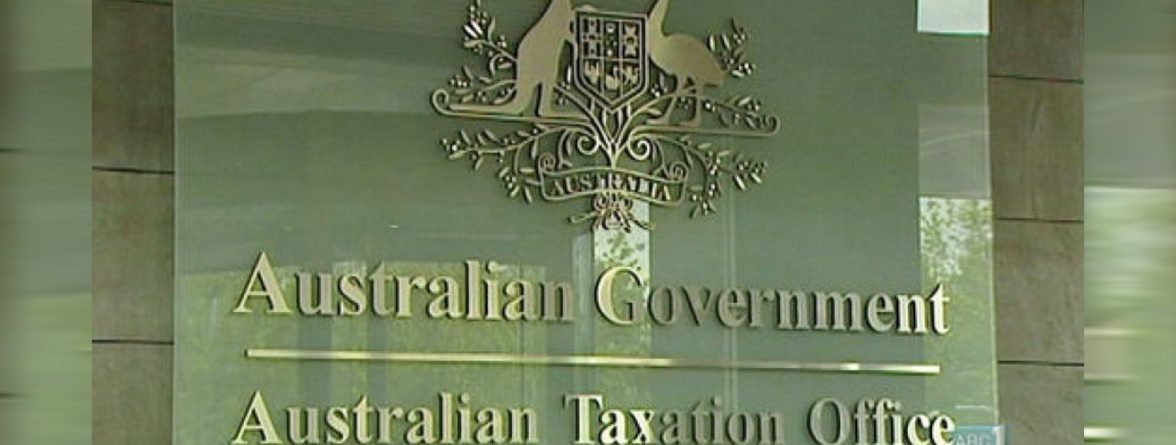The Australian Taxation Office (ATO) has started contacting over 17,000 Self-Managed Super Fund (SMSF) trustees that hold “90% or more of its funds in one asset, or a single asset class”.
The ATO has raised concerns that SMSF trustees have not adequately considered diversification. Importantly, the ATO is asking SMSF trustees to review their investment strategies and ensure they have documented their investment strategy considerations to address:
- The diversification of SMSF investments (i.e. cash, fixed interest, shares, properties and other asset types)
- The risks of inadequate diversification across the asset classes
- The considerations given to SMSF members and their retirement objectives
- The liquidity of investments, allowing the SMSF to meet its ongoing expenses and payment of benefits as needed, and
- The personal insurance needs of the SMSF members.
When developing your SMSF investment strategy, you need to the consider the following:
The sole purpose test
When making any investment decision you need to consider how the investment will fulfil the requirement of the ‘sole purpose test; – being the SMSF must be maintain for solely to provide benefits in retirement or benefits to dependants upon a member’s death.
The members’ needs
You need to consider the needs of all the SMSF members. This extends to their ages, retirement goals & objectives, investment knowledge, attitudes or tolerance to risk, etc. These considerations will form the basis for your SMSF investment strategy.
Special consideration is needed where you have members vastly different age groups or tolerances to risk, as SMSFs typically pool all investments. In these circumstances, you may need to segregate the assets between members to achieve the right outcome for each member.
Asset allocation
Asset allocation refers to how much you invest in the various asset classes (e.g. cash, fixed interest, property, shares). While it can be appropriate to invest in a single asset class, diversification can also assist in reducing volatility and the risk of capital loss. In some situations, it can also help smooth investment returns. Asset allocation is typically thought off in terms of ‘risk versus return’ – the higher the risk taken, the greater the expected return.
Cash flow and Liquidity
Your SMSF will have ongoing expenses. Expenses may take the form of accounting fees, insurance premiums, property expenses or pension payments.
Your SMSF investment strategy must take into consideration your SMSF’s cash flow needs, both the expected and prospective outflows. Generally, you should consider:
- Cash flow needed to meet regular and ongoing expenses, and
- Liquidity (ability to sell quickly) to meet unexpected or large one-off expenses.
Personal insurance
Most people who set up an SMSF have rolled monies over from another super fund and the existing insurance policy did not get transferred across.
As a SMSF trustee, you are required to consider if you need to take out personal insurance policies for one or more of the members.
Importantly, you need to document your decision if you choose not to provide insurance cover.
Regularly review your investment strategy
Your SMSF’s investment strategy is a ‘proactive’ document designed to maximise your retirement savings.
Just as important as regularly reviewing the performance of your SMSF’s investments, you need to consider if any changes are required to your SMSF investment strategy.
Furthermore, when making any changes to your SMSF investment strategy, you should also document the reasons behind the changes, or at very least note your considerations for the above points.
How can we help?
If you would like to know more about SMSFs, investment strategies or superannuation in general, please feel free to give Jason McLaren a call on 0418 800 363. Jason is able to provide you with personalised financial advice through his Australian Financial Services License with Three Chairs Financial Services.
You can keep up to-date on all things Super by following us on Facebook.
The information contained in this article is general in nature and does not take into account your personal situation or objectives. You should not act on this information in any way before seeking professional advice.



